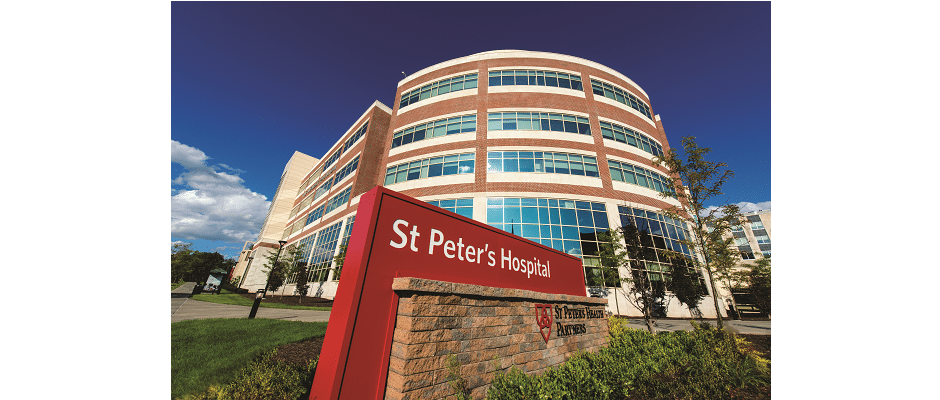
[This article was written by Bethany Wies, BSN, RN-BC, a nurse as St. Peter’s Hospital and chair of the hospital’s Patient Education Council.]
What is health literacy? It is the ability of individuals to obtain, interpret, and understand health information, services, and skills. Individuals can then use these information, skills, and services to make informed health decisions and actions.
Did you know only 12 percent of U.S. adults have proficient health literacy? More than one-third of adults in the United States—77 million people—have difficulty with common health tasks, such as following directions on a prescription drug label or adhering to a childhood immunization schedule using a standard chart.
What is the impact of poor health literacy? Increased and inappropriate use of emergency rooms, increased preventable hospitalizations, longer stays in the hospital, and a higher rate of home medication errors.
October is Health Literacy month, a time to promote the importance of understandable health information. St. Peter’s Hospital’s Patient Education Council will be hosting their annual Education Expo from 10 a.m. to 4 p.m. on Tuesday, October 30, in Mercy Conference rooms 1-4 in St. Peter’s Hospital. This event is for all those who educate patients at St. Peter’s Hospital. We will be exploring resources available to patients, such as Lippincott, LexiComp, and the TIGR video education system.
Representatives from nutrition, respiratory, heart failure, and diabetes education will be present. Attendees will be able to learn about effective communication techniques, such as teach-back and using plain language, learn about the impact of education given to patients, and review how to properly document the education given to patients.
At the Education Expo, we will also be awarding the 2018 St. Peter’s Hospital Health Literacy Hero. Who do you know is a Health Literacy Hero?
Health Literacy Heroes are individuals or teams who identify health literacy problems and act to solve them. There are many ways to do this. Some examples are:
- Create materials that are easy to read, understand, and use
- Teach patients using effective teaching techniques (teach-back) and encourage others to do the same.
- Raise awareness about why health literacy matters
- Partner with communities and colleagues to advance health literacy
Thank them by recognizing the difference they are making. Email Bethany Wies at Bethany.Wies@sphp.com with your nomination and why this person (or people) should be the 2018 St. Peter’s Hospital Health Literacy Hero.


